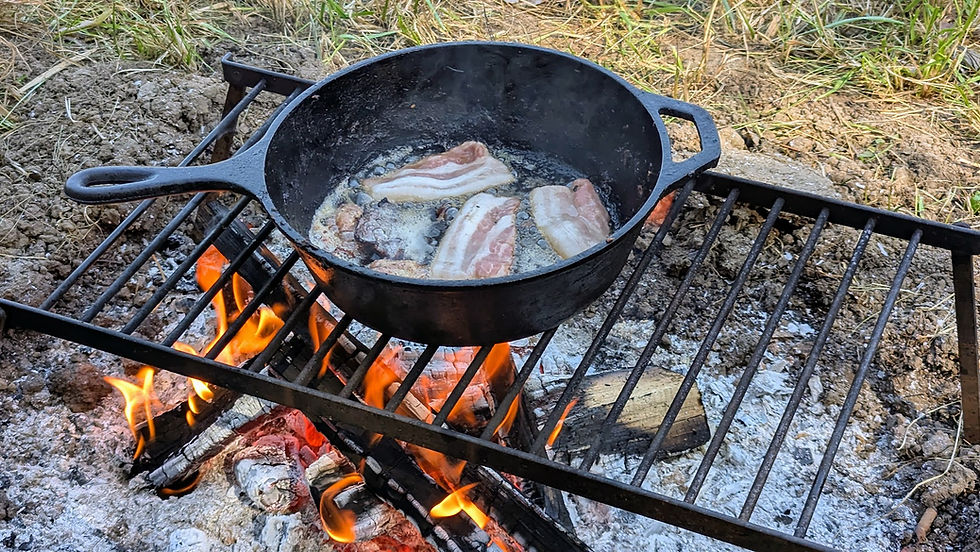Remembering ‘The Paul Revere of the South’
- Melvin Rowe
- Jun 3, 2025
- 2 min read
By Melvin Rowe
Kentucky
Several groups of enthusiasts gathered on the well-tended grounds of the Jack Jouett House on May 31 to celebrate Founders Day. As reenactors, they stood out on that quiet residential street just outside of Versailles, Kentucky, because of their dress.
Wedge tents and dining flies were erected, and in no time several stations presenting skills, implements and handicrafts of the late 18th century covered the grounds. House supporters, history buffs and entire families began to wander from exhibit to exhibit.
So, who was Jack Jouett and what’s so special about his house? He is called the “Paul Revere of the South.” While he was still living in Virginia, he heard the clanking and shuffling of the British army on the move. He saddled his horse and rode 40 miles through the woods at night, without the benefit of lighting and avoiding roads to warn Thomas Jefferson that the British were coming to capture him. Because of that ride, Jefferson was able to escape capture.
Jouett later moved to Kentucky in the heart of the Bluegrass region, where he became a prosperous planter, horse and cattle breeder and a pioneer statesman. He helped found the Jockey Club (the organization that oversees thoroughbred racing), and once won $300 from Kentucky’s Great Orator, Henry Clay.
Today, his home and outbuildings are a historical site that welcomes visitors and offers special events, such as the Founder’s Day Celebration. Guests could visit seven stations that included a small encampment of Revolutionary War soldiers displaying their firearms, equipment and even cooking. Another station featured items used to teach school in those days. There was a lady spinning bison wool into yarn, a leather crafter and a seamstress displaying their work, and even a blacksmith working at his forge. In one building they had period games for children where they could play The Three Graces and write with a quill.
Members of the Governor Issac Shelby Chapter of the Sons of the American Revolution gave a flintlock rifle demonstration and fired three volleys. The same group passed out wooden rifles to a group of children and led them though colonial-era close order drills and then led them on a march to real fife music.
On the property, there is a small family cemetery surrounded by a dry-stone wall. These walls are unique to Kentucky and Tennessee and often line roads and fields. No one is exactly sure who built them, but they are expertly build, likely by Irish and Scottish settlers who knew the techniques of placing stones without cement to create walls that have lasted over 200 years.
During the event, Keenan Bishop was repairing a section of the wall that had been damaged by a falling tree, surrounded by limestone rocks of all shapes and sizes and carefully placing them on the wall.
The visitors had questions for the presenters, and everyone seemed to enjoy the afternoon. The presenters were each met with an unexpected surprise. Used to ordinarily participating on a volunteer basis, each presenter was presented with a stipend by the Jack Jouett House Foundation.
For more information on the house and activities there, visit www.JouettHouse.org.





Comments